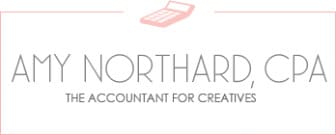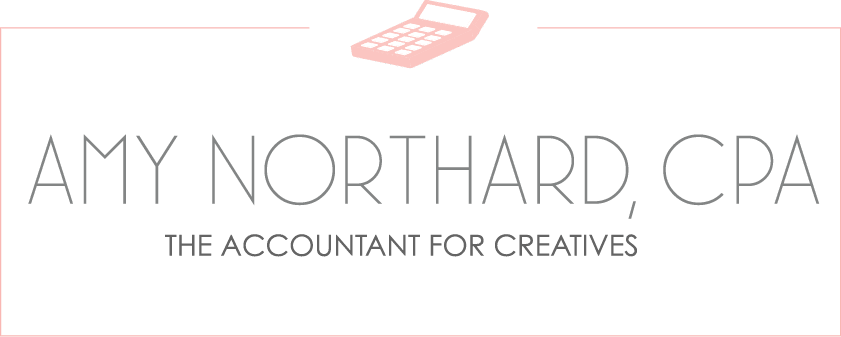As a small business owner, I know first hand that tax season can be exhausting.
If you don’t have an accountant responsible for your bookkeeping and taxes – you’re that person. On top of everything else you’re doing to keep your business thriving, you also have to make Uncle Sam happy. I’ve seen the tax season breakdowns, and it breaks my heart because I know that this pain is avoidable. If you follow the three tips below, there is hope for making it through your next tax season stress-free.
Pay Your Estimated Taxes
If you’re working with an accountant or calculating them yourself, pay your estimated taxes! If you end up overpaying, you’ll get every dollar that you overpaid refunded when you file your return. If you skip your payments and owe more than $1,000 to the IRS, watch out for penalties and interest.
Don’t Wait Until the Last Minute
This might sound like common sense, but don’t wait until the last minute. As soon as you’ve finished celebrating the new year, start rounding up your tax documents. Once you’ve received all your 1099’s, W-2’s, investment statements, expenses, etc…get comfy and just get your taxes done. Seriously, go to your calendar and set a date for January 31st and February 29th. On January 31st you should have all of your bookkeeping completed for the previous year. On February 29th you need to have ALL of your tax documents to your accountant.
If you’re going to work with an accountant, contact them early on so they aren’t rushed to finish your taxes. This will save so much stress for you and your accountant, and both of you will have the time to properly review your return and ensure you’re paying the least amount of tax possible.
Start Tracking
Don’t wait until the end of the year to figure out your mileage. Start tracking now! The same goes for tracking your inventory. I don’t have to tell you how stressful it is to go back to the beginning of the year to track inventory and cost of goods sold.
With these three tips, you should be smooth sailing and stress-free for next year’s tax return!


Great tips! I’ve made a habit that as soon as I get paid I transfer the amount I owe for taxes into a savings account. That way paying estimated taxes doesn’t feel like such a hit.